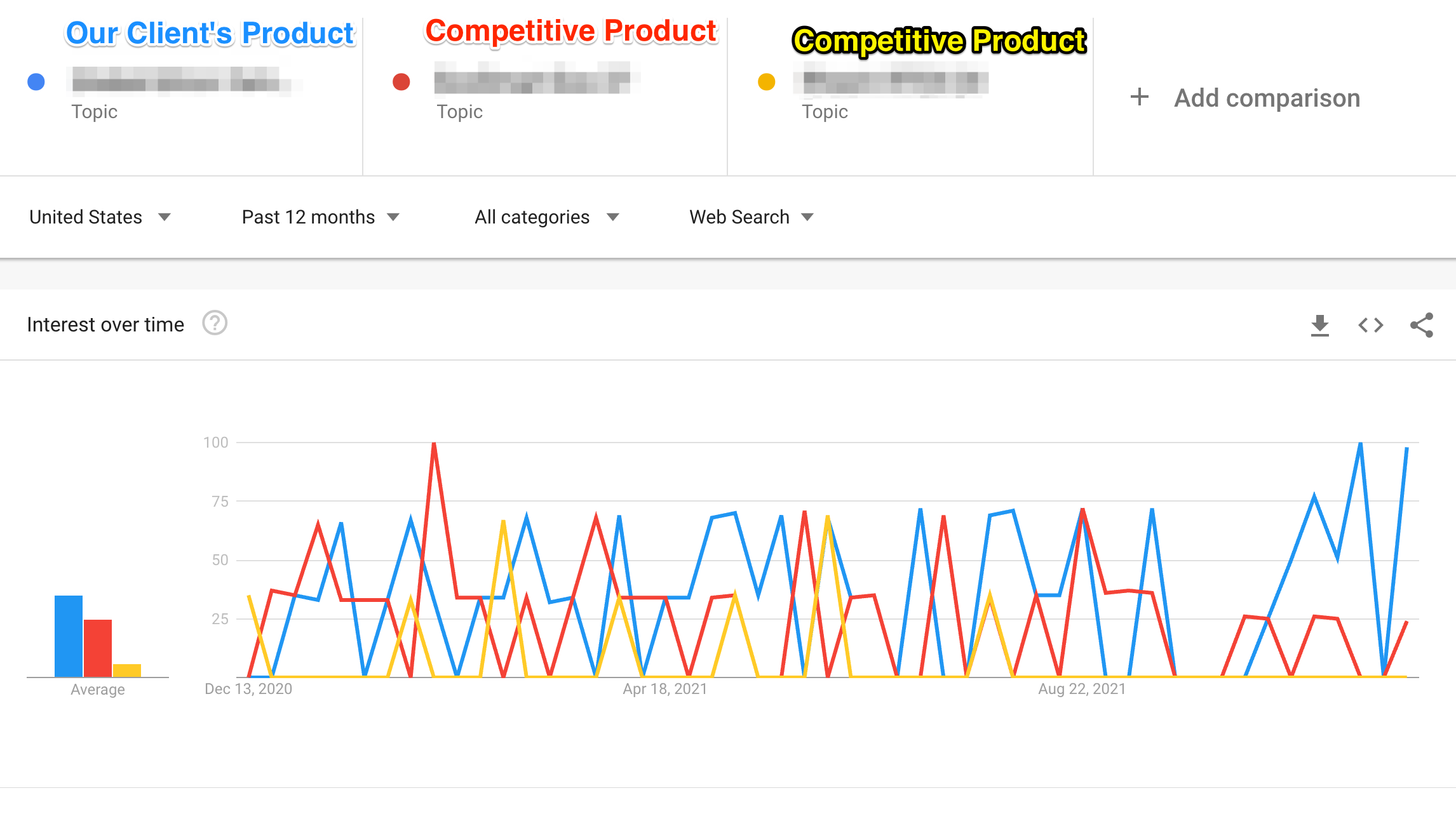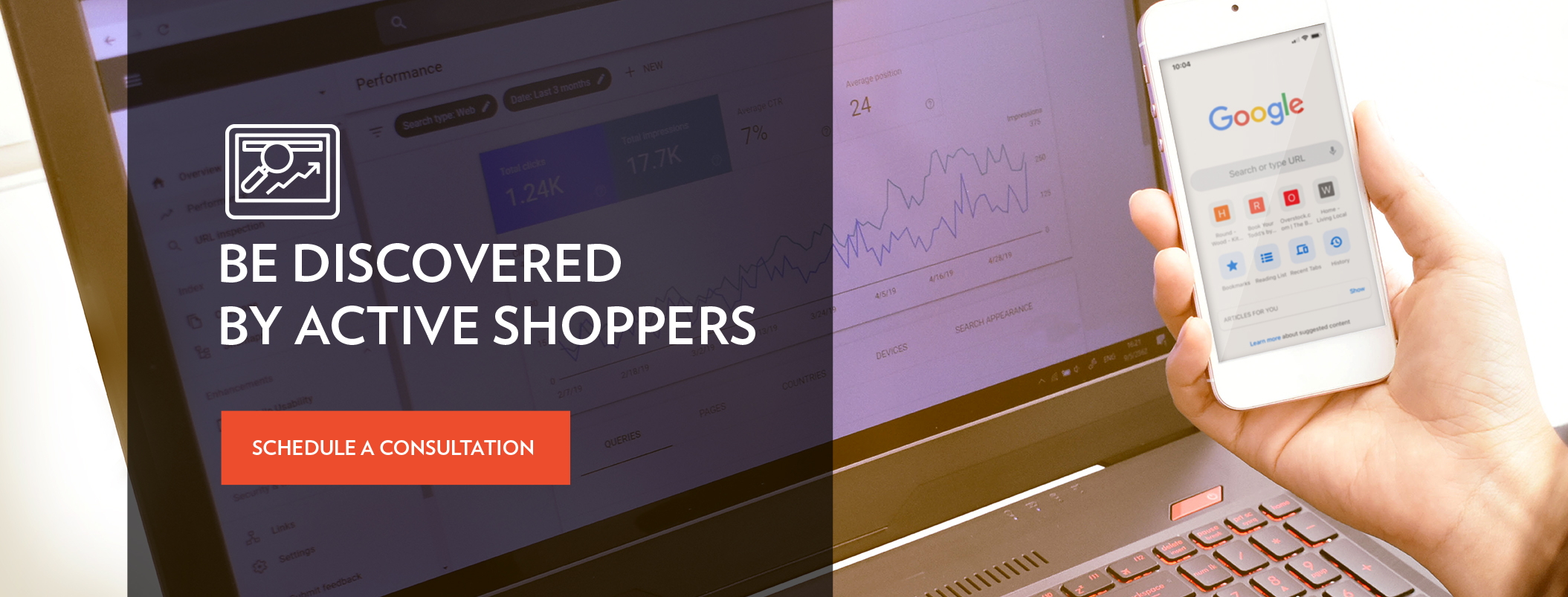Our SEO Agency Helps Today’s Consumers Discover Your Business
Discovery: It’s how a business goes from unknown to known. There’s no more likely place for that to happen than on search engines.
That’s why our SEO company in West Palm Beach provides the skills your business needs to be seen and get found by people looking for what you sell on Google and Bing — a major milestone in your growth story.
So that we can deliver the results you’re seeking, the SEO experts at our digital marketing agency plans and implements solutions to specific challenges standing in the way of your growth — such as category presence, product reviews and comparisons, lead generation and even direct sales. And that’s how we help your business go from unknown to known — and then ultimately, household brand.
Our West Palm Beach SEO Company Delivers these Services
- SEO strategy
- On-page SEO
- Off-page SEO (link-building)
- Technical SEO
- SEO content creation
- eCommerce SEO
We realize your needs are unique, so if you have something in mind that you don’t see here, contact our West Palm Bech SEO company here.
Our Formula for Effective SEO
Our SEO agency has nearly a decade of experience helping our clients grow their visibility and opportunities on search engines. Here is our proven formula for overcoming the challenges that businesses come to us for help with:
- Understanding exactly what “victory” looks like: Do you need to create awarenes for an all-new category, or do you need to grow your share within an existing category, for example? Or, do you simply need better quality traffic — ie. traffic more likely to convert? All three of these challenges require different approaches and solutions, so we start by understand exactly what it is you are aiming toward.
- Intensive research: Detailed, thorough research into the competitive search landscape is essential to planning for success. We perform and share exhaustive research on keywords, competitors, trends, and emerging opportunities in order to create recommendations for execution.
- Preparing and executing a “Victory plan”: Based upon the results of our research, we then develop a framework for how we’ll achieve your goals. It takes all aspects of SEO into account, from on-page optimization, to off-site backlink building, to content marketing and technical considerations for your website structure itself, such as page load speed and server load time.
- On-going refinement: Nothing is static when delivering SEO services. The best SEO companies in West Palm Beach know that results and trends must always be measured, and plans adjusted for competitive countermeasures, knew strategic priorities and continuous success. Our digital analytics and attribution teams provide our clients with invaluable expert assistance on this front.
What Does Effective SEO Look Like?
Effective SEO can transform your growth by propeling your products from category laggard to category leader. But doing so is not easy.
To win the highly-competitive — yet lucrative — search interest battle within your competitive product set takes strategic focus, proven execution, and the expertise to understand how shoppers see the overall landscape on Google.
This chart is one example of how our proven approach to product category SEO can help our clients win their market — as this particular effort has produced the greatest product search interest in the category this year. And more importantly, a 32% increase in annual volume YTD.

What’s the Difference Between SEO and SEM?
SEM is a service offered by our digital media buying team that complements our SEO services exceptionally well.
What are the Unique Advantages of Our SEO Company in West Palm Beach?
Our SEO Agency Case Studies and Resources

- See how our SEO agency recently delivered category-leading product search consideration for a client
- What is SEO? A complete beginner’s guide
- Our SEO company is experienced growing category presence for previously-unknown products; see the case study here
A Beginner’s Guide to SEO-Related Topics
Now that we’ve learned a little bit about SEO, we’ll explore how it relates to various types of marketing: namely, keyword research, internet marketing, local SEO strategies, and digital marketing.
Digital Marketing
Digital marketing is ubiquitous now – it’s an umbrella term for marketing that takes place essentially on screens, whether that’s on the internet, TV, a digital billboard, or someone’s phone.
The great thing about digital marketing is the ability to get very quick feedback about what’s working and what’s not and the ability to select for a target audience when you need to – and you can get very specific indeed about your target audience when it comes to digital marketing.
Another advantage of digital marketing over traditional marketing is the ability to send out marketing messages on multiple channels and let consumers pick which ones they prefer to engage with your content.
You may put the same content in an email and in an Instagram ad, and different people will choose one over the other. And in a similar vein, digital marketing leaves room for comments, questions, posts, likes, and other ways for your audience to engage with the content you are marketing.
Internet Marketing
Internet marketing (also known as online marketing, e-marketing, or web marketing) is a subset of digital marketing encompassing marketing content propagated online.
Internet marketing includes but is not limited to: social media marketing, content marketing, pay-per-click, and search engine optimization.
Digital marketing such as TV ads and billboards is not considered internet marketing. Here are the seven main types of internet marketing:
- Search Engine Optimization (SEO): SEO, which we’ve already discussed in this article, includes techniques like keyword research (more on this later), on-page optimization, link building, and technical optimizations to increase organic (non-paid) traffic from search engines.
- Pay-per-Click Advertising (PPC): PPC advertising involves running targeted ads on search engines (e.g., Google Ads) or other platforms where you pay each time someone clicks on your ad. It allows you to reach a specific audience and drive traffic to your website quickly.
- Social Media Marketing: Social media marketing utilizes various social media platforms (e.g., Facebook, Instagram, Twitter) to promote your brand, engage with your audience, and drive website traffic. It involves creating and sharing content, running ads, and building a community of followers.
- Content Marketing: Content marketing focuses on creating and distributing valuable, relevant, and informative content to attract and engage a target audience. It includes blog posts, articles, videos, infographics, podcasts, and more. The goal is to build brand awareness, establish authority, and drive traffic to your website.
- Email Marketing: Email marketing involves using email to communicate with your audience, nurture leads, and promote your products or services. It includes sending newsletters, promotional emails, personalized offers, and automated email sequences to build relationships and drive conversions.
- Influencer Marketing: Influencer marketing leverages the popularity and influence of influencers on social media platforms. By partnering with influencers who have a relevant audience, you can promote your brand or products to their followers, generating brand awareness and driving sales.
- Affiliate Marketing: Affiliate marketing is a performance-based marketing model where you partner with affiliates who promote your products or services in exchange for a commission on each sale or referral they generate. It allows you to expand your reach and increase sales through a network of affiliates.
Keyword Research
Keyword research is the process of finding and analyzing the most likely search terms that people will put into a search engine when looking for your type of product or service. Good keyword research will illuminate the kinds of questions people will ask, how frequently those questions come up, and more. What you learn from your keyword research will inform your content strategy and marketing strategy. Here are some key benefits to keyword research:
- Finding and using current marketing trends to your advantage
- Better search rankings
- Lead generation and customer acquisition
An important component of keyword research is determining the intent behind a keyword – aka what topics your potential customers want to know about. Once you know what topics your audience is interested in, you can mold your marketing strategy to fit around them. Here are some ways you can get started on a good keyword research strategy:
- Define Your Goals: Start by defining your goals and objectives for keyword research. Are you trying to increase organic traffic, improve conversions, or target specific topics?
- Brainstorm Initial Ideas: Begin by brainstorming a list of relevant topics, products, or services related to your website or business. Put yourself in the shoes of your target audience and think about what they might search for.
- Use Keyword Research Tools: Utilize keyword research tools to expand your initial list and find new keyword ideas. You may want to look into Google Keyword Planner, SEMrush, Ahrefs, Moz Keyword Explorer, or Ubersuggest, which will show you search volume, competition, and related keywords, among other things.
- Evaluate Search Volume and Competition: Look for keywords with a good balance of search volume and competition. High search volume indicates the keyword is popular, while low competition suggests it may be easier to rank for. Finding a sweet spot between the two is ideal.
- Use Long-Tail Keywords: Long-tail keywords are longer and more specific keyword phrases. While they may have lower search volume individually, they often convert better and are less competitive. Focus on long-tail keywords that closely match your target audience’s intent.
- Analyze Competitor Keywords: Study your competitors’ websites to identify the keywords they are targeting. This can provide valuable insights and help you discover new keyword opportunities.
- Organize and Prioritize: Categorize and organize your keywords based on relevance, search volume, and competition. Prioritize keywords that align with your goals and have the potential to drive the most qualified traffic.
- Create Quality Content: Once you have identified your target keywords, create high-quality content around those keywords. Optimize your website pages, blog posts, and other content to include the selected keywords naturally. Ensure your content provides value to readers and matches their search intent.
- Analyze and Adapt: Keyword research is an ongoing process. Regularly monitor the performance of your targeted keywords using analytics tools. Refine your strategy based on the data, adjust your keyword selection if necessary, and keep up with evolving trends and changes in search behavior.
Local SEO Strategy
We’ve talked a bit about SEO strategy in general, and local SEO strategy is no less important.
If you’re a brick-and-mortar business, you want people near your locations to be the ones to see your messaging.
So when someone types, for example, “toy store in San Diego” you want your toy store in San Diego to be one of the first results, which means optimizing your web presence for local keywords.
In addition to the right local keywords, the more positive reviews and local content you generate, the higher your business will appear in local listings.
Here are some basic tips to get you started with a strong local SEO strategy:
- Create a Google My Business (GMB) page that’s connected to your business profile. If you have 10 or more locations, Google offers a bulk location management system so you can add all of your locations at once. If your business already appears in Google searches, you can click “claim this business” at the top of the search results.
- It’s very important to make sure all of the contact information and location information is accurate on all of these listings, including the correct business name, phone number, address, and hours of operation. Make sure it matches your website and all your social media accounts too.
- Link your Google My Business (GMB) page to your other web pages and your social media accounts. Adding a Google Maps link to the contact section of your website or on your social media profiles will help people find your location quickly.
- Create content for your community by publishing blog posts and creating other content related to news from your area about your industry. You can even create a calendar of such events and make it a feature of your website so that people know what’s coming up – and see your business as an authority in the community about the industry. It’s important that you sprinkle local keywords throughout your content but don’t overdo it, as that will kick you down in search rankings rather than help you climb them.
- Create images and videos to engage your audience online. Not only should these apply to a local audience, but they should have the appropriate titles, descriptions, tags, and hashtags to make sure they are SEO-friendly.
- Partnering with other businesses and exchanging content and customers with them is a great way to build business locally and show that you are an authority in your industry. You can also get involved with a local charity, or sponsor an event such as a job fair or festival in tandem with another business in your industry to show that you are creating value for the community. This will help you boost your local profile and garner attention from locals.
- Get local customers to review your business on Google to generate positive buzz for your product or service. Other than providing standout service, you can encourage people to leave reviews by sending a follow-up email once people have purchased something from you and suggesting they review your business. Making it very simple for them in one or two clicks increases the likelihood that they will do it. You can’t remove bad reviews, but you should definitely respond to them and ascertain what it was that went wrong so that that person’s experience isn’t repeated. You should respond to good reviews too, either with a simple “thank you” or with a more detailed message of gratitude, as it shows you are engaged with your customers and appreciate their efforts to review your business.
Partner with Lincoln Digital Group
You need an SEO partner that understands your business and knows what it’s doing. Lincoln Digital Group has been partnering with companies in South Florida to provide top-quality SEO services for almost a decade, and our track record shows that our customers are very happy with the results. To learn more about how we can help your business with search engine optimization services, book a free consultation with us today.


